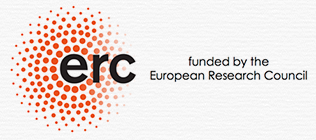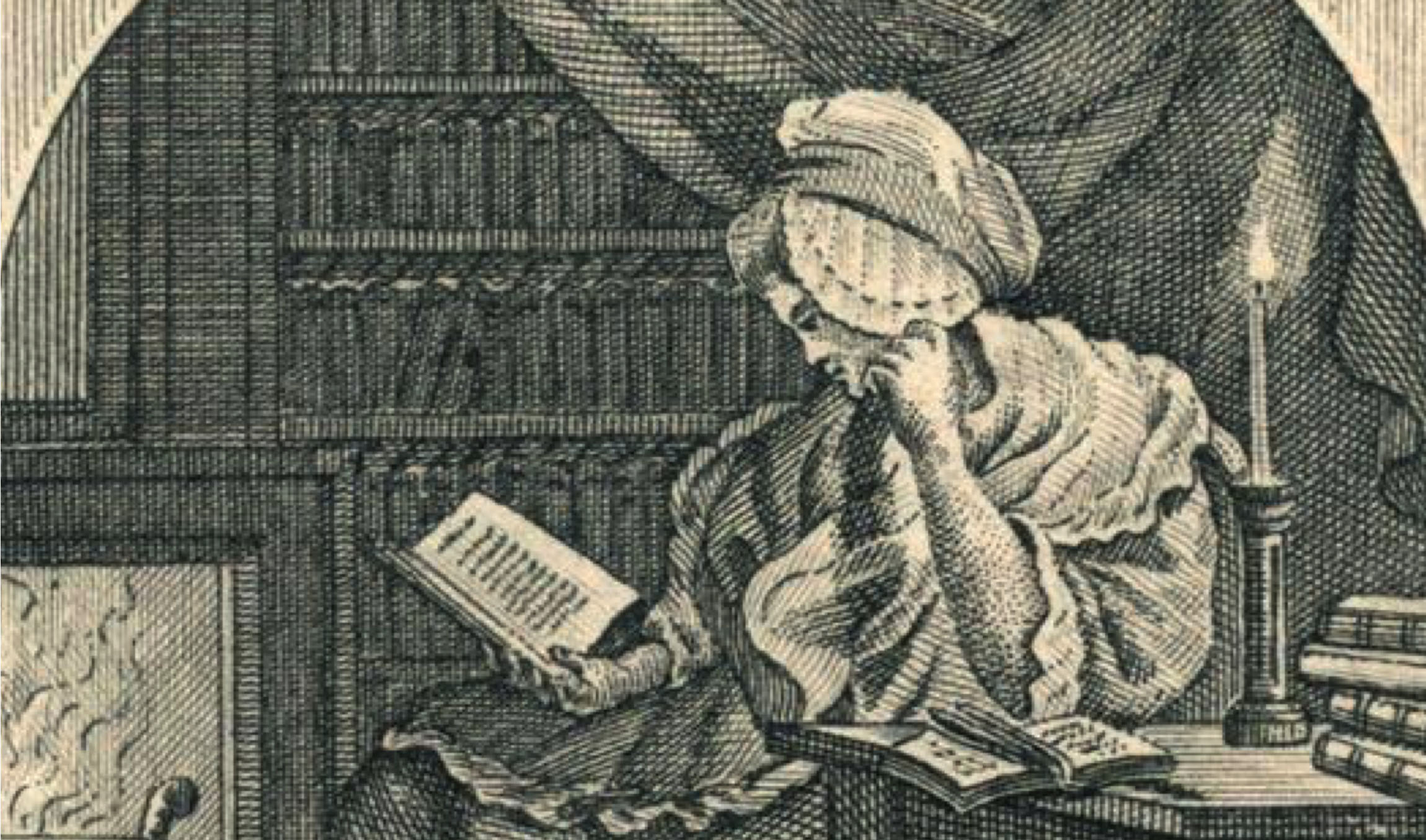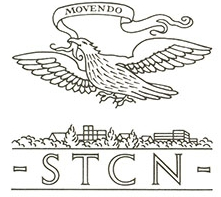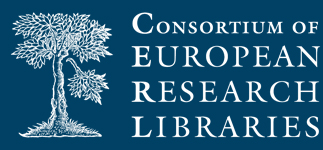Measuring Enlightenment
Disseminating Ideas, Authors and Texts in Europe (1665-1830)
MEDIATE was an ERC-funded digital humanities project that was carried out at Radboud University (The Netherlands), between 2016 and 2021. The MEDIATE database, which was one of its major outputs, was launched in July 2022, during the annual conference of the Society for the History of Authorship, Reading and Publishing (SHARP), that took place in Amsterdam.
The MEDIATE project studied the circulation of books and ideas in eighteenth-century Europe by building a database of data extracted from several hundred eighteenth-century private library auction catalogues, creating analytic tools to study their contents, and producing a number of publications describing the source material and initial project results. Although the project is formally now ended, work continues in the MEDIATE database, cleaning and further enriching the data collected during the duration of the project. We foresee that this additional data curation work will continue until September 2028, when MEDIATE’s follow-up project, Civic Fictions: Modelling book-reader interactions in the Age of Revolution, c. 1760-1830, is scheduled to end.
Scholars of intellectual history have long focused on a small number of canonical authors and conceptual frameworks in studying societal change during the Enlightenment. Historians of the book have, for their part, often privileged radical, subversive or forbidden texts. Yet book historians have long recognized that it was authors who were not radical or subversive who sometimes produced the best-selling texts of the 18th century. The MEDIATE project moves beyond the present corpus of texts and models that dominate the field, and proposes a new model of the circulation of books in eighteenth-century Europe that focuses not primarily on individual works, but adopts a relational approach to the literary system in Europe.
Developing an interoperative, Open Access database, the MEDIATE project harvested data from a corpus of catalogues of 600 smaller private libraries sold - most often, at auction - in the Dutch Republic, France, Italy, and the British Isles between 1665 and 1830. MEDIATE's central hypothesis is that, to adequately understand the spread of ideas and books associated with the Enlightenment movement, it is crucial to understand how these books were embedded in the cultural field at large. Writers are significant not only as individuals, but just as importantly, as part of a larger literary system of eighteenth-century authors, most of whom are unknown to us today. To understand the cultural impact of any individual author's texts, we need to view these as part of a complex literary system, or set of relations between higher- and lower-prestige texts, geographic regions and languages, and between authors closer and farther away from centres of cultural authority.
By focusing on private libraries, MEDIATE further addresses the Enlightenment from a reception viewpoint, studying not only the circulation of books but also potential readers. The project posits that book ownership, regardless of whether books listed in private catalogues were actually read, and even if catalogues fail to reflect the full extent of an individual's book ownership or reading during a lifetime, provides important indications about intellectual aspirations, processes of (posthumous) self-fashioning, relative prestige assigned to specific books as a form of cultural capital, and booksellers' evaluation of books' monetary worth.
The MEDIATE project thus brings a bottom-up approach to intellectual history, using book history data and new digital tools to argue that the Enlightenment was fashioned not only by the progressive intellectuals we know today, but just as importantly, also by a large mass of forgotten books - "the great unread", as provocatively described by Margaret Cohen - that need to be adequately studied if we are to truly understand how we "became modern" (or not).
A fuller description of the project's aims and conceptual framework can be found here.








